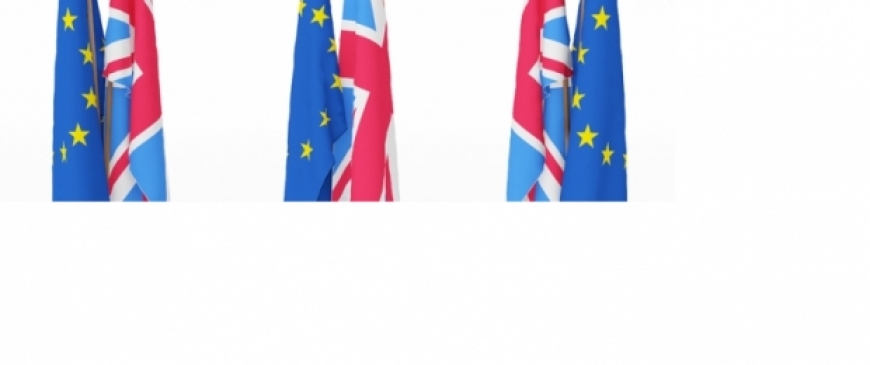
EU referendum: What should the In campaign be saying? - Is it time for hope or fear?
Yesterday, the campaign to keep Britain in the EU, called Britain Stronger in Europe, launched with a central London event, where spokespeople ranging from Stuart Rose, the former Marks and Spencer CEO, to June Sarpong, the TV presenter, extolled the benefits of maintaining our current relationship with the continent. Its slick introductory video, in which a series of celebrity and ordinary ambassadors talk about what the EU means to them, is studiedly positive, with a business-friendly focus.
Is this the right approach? Or should the campaign be launching into full-on “project fear”-style negative campaigning? And what should be their next steps?
Hope and fear
Ian Bond - Director of Foreign Policy at Centre for European Reform
The message has to be a balance of hope and fear. If it is all about fear, it could end up like the Scottish independence referendum: people may vote to stay in the EU, but feel dirty afterwards, so the Brexit question comes back stronger than ever. But people need to know that the grass would not be greener on the other side, that our economy might not collapse but it would be damaged if we left the EU; and that our security would be damaged if Brexit started the break-up of the EU. On the positive side, people need to feel that the EU team is stronger than 28 countries doing their own thing. England won the Ashes because they had a united team fighting for shared, not individual glory; and Europeans can be prosperous and secure if they work together for shared success.
Don’t be boring
Dylan Sharpe - Former Head of Press for the NO to AV campaign
The EU is a boring issue. The public find it dull, journalists find it dull, even most politicians would rather talk about something else. The launch of the In campaign was boring. The presence of June Sarpong couldn’t stop it being another dull talk on a boring topic. On NO to AV we confronted a similar problem (voting reform being possibly the only thing that rivals the EU for dullness) and instead made the campaign about the politics (don’t trust Nick Clegg) and retail issues (choose: AV or a hospital?) It wasn’t pretty but it was effective. To succeed both EU campaigns need to make the choice very stark and in a way that won’t send the public to sleep.
Stand up for consumers
Vicky Pryce - Chief Economic Advisor for the Centre for Economics and Business Research (CEBR)
The issue facing all campaigns is how to use the evidence that exists and how to make assumptions about the “counterfactual,” as the economists call it—in other words what would have happened if the Uk had not been a member of the EU, and what may happen in the future. Even the anti-EU campaigners agree that trade has been greatly facilitated and greater efficiency of production has been encouraged by the existence of this vast single market. This is not only because of its large size (500m people), but also through the lowering of entry barriers, the development of a level playing field and increased competition in many areas.
But less is often said about the consumer, who has benefited greatly from sharply lower prices in industries such as in telecoms and air travel. In addition, consumer choice has increased hugely. The European Commission has recently estimated that the benefits for European consumers from an increased variety of goods are at £450 per person per year. There is of course further integration to come—much still to be done in services and in areas such energy and also in digital that will facilitate and reduce costs of cross border purchases and facilitate e-commerce for everyone. Benefits to the consumer and their cost of living from the completion of the single market are therefore likely to continue to be substantial and should not be ignored by the in campaign.
Rubbish the competition
Emran Mian - Director of the Social Market Foundation
The best approach available to the In campaign is to rubbish the alternatives. To come out of the EU without a free trade agreement with our biggest trading partners will destroy jobs and incomes. In order to have a free trade agreement as a non-EU member we will have to sign up to most of the same rules—like Norway does—without any influence on making them. The Out campaign will pretend to restore national sovereignty. Yet, by retaining our thick economic ties to the EU, and our influence on law-making, staying In has a much better claim.
